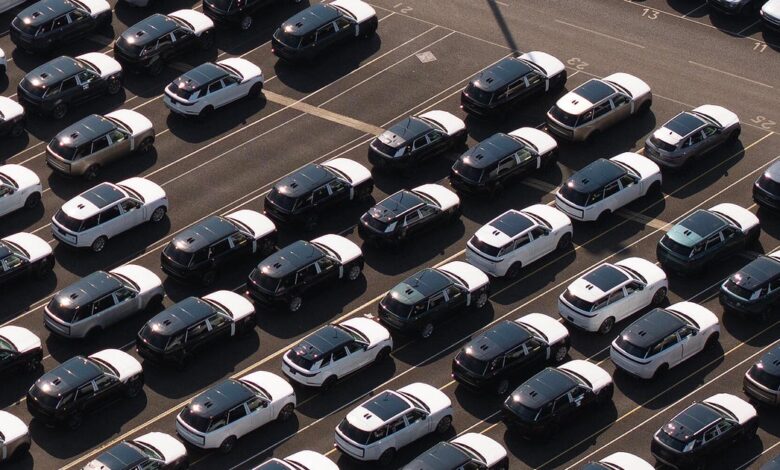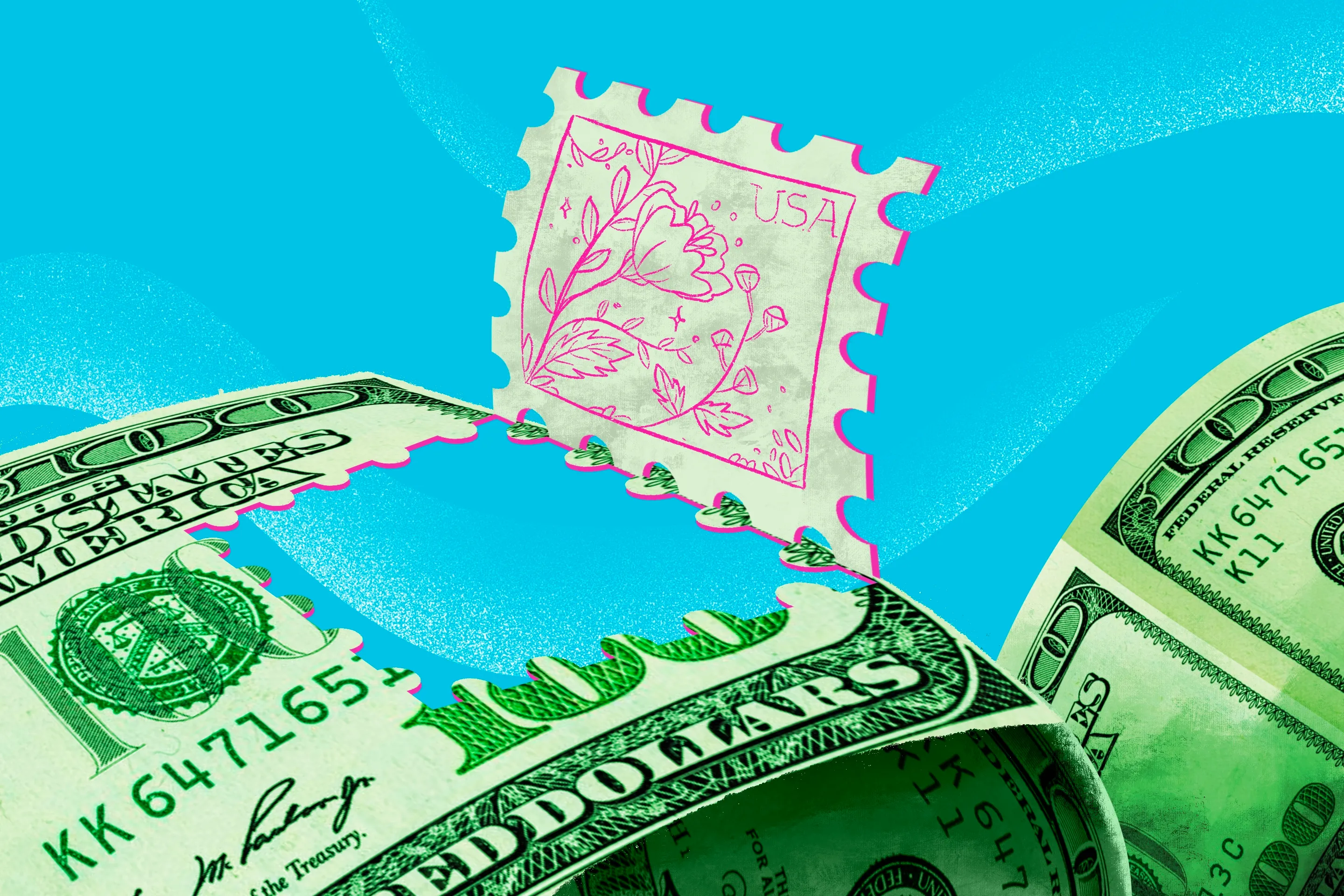Trump considers pause on auto tariffs to give carmakers more time to relocate production

President Trump recently hinted at the possibility of temporarily exempting the auto industry from the tariffs he had previously imposed. This move aims to provide carmakers with the necessary time to reorganize their intricate supply chains. During a press briefing in the Oval Office, Mr. Trump emphasized the need for automakers to shift their production from countries like Canada, Mexico, and elsewhere to the United States.
The complexity of car manufacturers’ supply chains, which are deeply entwined with other nations, poses a significant challenge in producing vehicles entirely within the U.S. Due to the reliance on key trade partners such as Canada, Mexico, and China for car parts, experts assert that a fully American-made car is currently non-existent.
The imposition of 25% tariffs on foreign-made cars, a measure intended to incentivize the reshoring of auto manufacturing in the U.S., is projected to lead to a substantial increase in car prices. Experts estimate that the cost of a typical car could surge by $5,000 to $10,000 initially as a result of these tariffs, according to analysis by Wedbush Securities analyst Dan Ives.
President Trump’s history of reversing tariff decisions has created uncertainty in financial markets and raised concerns among economists about the possibility of a recession in the U.S. economy. The fluctuating trade policies and tariffs on the auto industry have sparked a rush among consumers to purchase cars before potential price hikes take effect at dealerships.
As the automotive sector navigates the implications of these tariffs, industry stakeholders are closely monitoring developments to assess the impact on production, pricing, and consumer demand. The shifting landscape of trade policies and tariffs underscores the need for adaptation and strategic planning within the auto industry to navigate the evolving economic environment.





